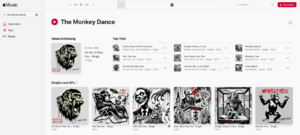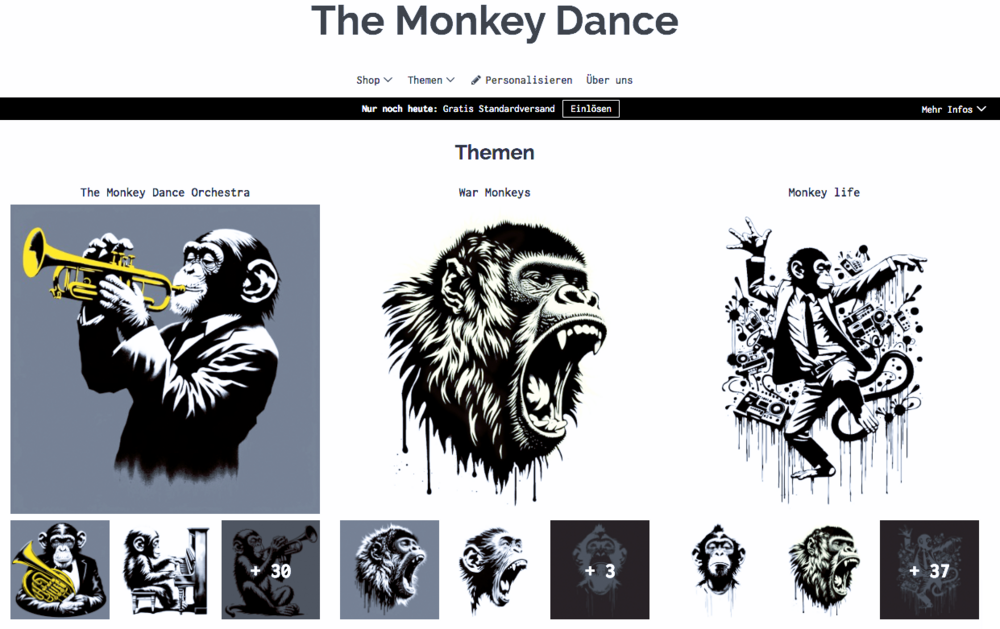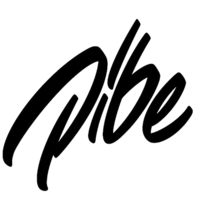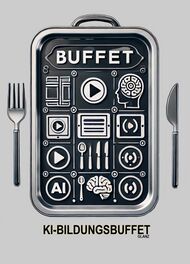

Fascism - Faschismus
Fascism - Faschismus
Fascism is a political ideology that emphasizes authoritarian ultranationalism characterized by dictatorial power, forcible suppression of opposition, as well as strong regimentation of society and the economy. The term originated in Italy during World War I and is associated with the regimes of Mussolini in Italy and Hitler in Germany.
Definition and Characteristics
Fascism is often marked by a centralized, autocratic government headed by a dictatorial leader, severe economic and social regimentation, and the forcible suppression of opposition. It often includes a belief in the supremacy of one national or ethnic group, disdain for democracy, and a desire for a totalitarian regime to control all aspects of public and private life.
Historical Context
The ideology of fascism originated in Italy during World War I, inspired by Mussolini. Mussolini's Fascist Party, founded in 1919, capitalized on widespread social unrest and economic instability, promoting a nationalist and militaristic solution. In Germany, Hitler's rise to power in 1933 marked the beginning of Nazi Germany, which shared many fascist characteristics.
Fascism in Modern Times
While the classic examples of fascism ended with World War II, similar authoritarian tendencies can be observed in various regimes throughout the 20th and 21st centuries, which often exhibit elements of ultranationalism, suppression of political opposition, and strong central control.
Vokabel-Quiz: Teste Dein Wissen
Leicht
Was bedeutet das Wort "Faschismus" auf Englisch? (fascism) (!totalitarianism) (!oligarchy) (!monarchy)
Wer war ein bekannter Führer des Faschismus in Italien? (Mussolini) (!Franco) (!Stalin) (!Churchill)
Welches Land war neben Italien bekannt für seinen Faschismus in den 1930er Jahren? (Germany) (!Spain) (!Russia) (!France)
Welches der folgenden Elemente gehört NICHT zum Faschismus? (!democracy) (authoritarianism) (ultranationalism) (suppression)
Was ist ein typisches Merkmal von faschistischen Regimen? (dictatorial power) (!freedom of speech) (!multiple political parties) (!elections)
Standard
In welchem Jahr wurde Mussolinis faschistische Partei gegründet? (1919) (!1923) (!1934) (!1945)
Was ist ein Hauptmerkmal des Faschismus? (regimentation of society and the economy) (!free market policies) (!liberal democracy) (!pacifism)
Wie wird ein Land unter faschistischer Kontrolle typischerweise regiert? (by a dictatorial leader) (!through democratic elections) (!by a council of representatives) (!through a monarchy)
Welches Prinzip fördert der Faschismus bezüglich der Gruppenidentität? (supremacy of one national or ethnic group) (!equality among all groups) (!international cooperation) (!multiculturalism)
Welcher deutsche Führer wird mit dem Faschismus in Verbindung gebracht? (Hitler) (!Bismarck) (!Merkel) (!Brandt)
Schwer
Which term best describes the economic and social control in fascist regimes? (regimentation) (!liberalization) (!decentralization) (!privatization)
What is a common feature of fascism regarding opposition? (forcible suppression) (!tolerance) (!encouragement) (!promotion)
Which ideology heavily influenced fascist belief in ethnic or national superiority? (ultranationalism) (!cosmopolitanism) (!egalitarianism) (!anarchism)
What political structure is most contrary to fascism? (democracy) (!oligarchy) (!monarchy) (!theocracy)
Identify a non-European country that experienced fascist-like governance during the 20th century. (Argentina) (!Canada) (!Sweden) (!Japan)
Memory
Leicht
| Faschismus | fascism |
| Diktator | dictator |
| Unterdrückung | suppression |
Kreuzworträtsel
| fascism | Welche politische Ideologie betont autoritären Ultranationalismus und diktatorische Macht? |
| Mussolini | Wer war der Führer des italienischen Faschismus? |
| suppression | Welches Wort beschreibt die gewaltsame Unterdrückung der Opposition im Faschismus? |
| ultranationalism | Welches Prinzip betont die Überlegenheit einer nationalen oder ethnischen Gruppe? |
| Italy | In welchem Land entstand der Faschismus während des Ersten Weltkriegs? |
LearningApps
Lückentext
Links
Teilen - Diskussion - Bewerten
Schulfach+


aiMOOCs



aiMOOC Projekte


THE MONKEY DANCE





|
|
|

Sponsoren, Förderer, Kooperationspartner

Children for a better world >> Förderung der AI Fair-Image Challenge
Fair-Image wird von CHILDREN JUGEND HILFT! gefördert und ist mit der deutschlandweiten AI Fair-Image Challenge SIEGERPROJEKT 2025. Alle Infos zur Challenge hier >>. Infos zum Camp25 gibt es hier. Wenn auch Ihr Euch ehrenamtlich engagiert und noch finanzielle Unterstützung für Eurer Projekt braucht, dann stellt gerne einen Antrag bei JUGEND HILFT.












































